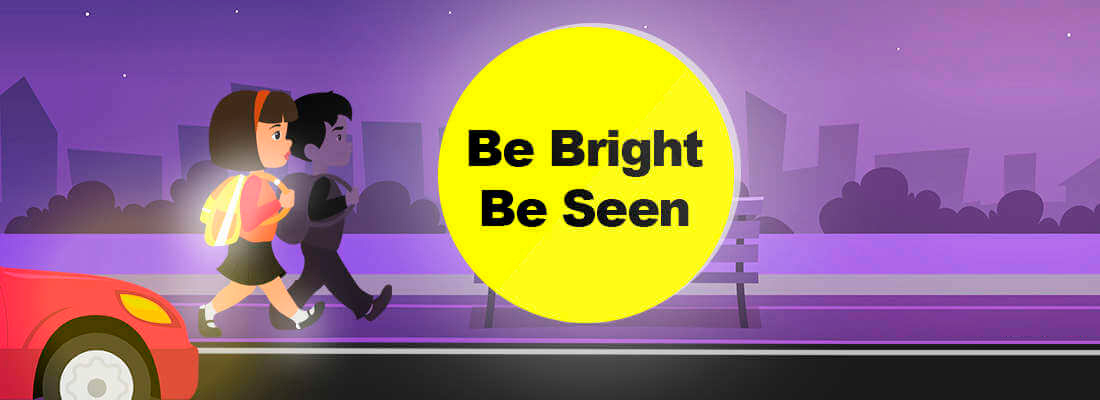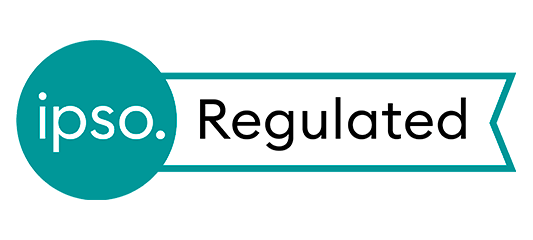NSPCC's Childline service helps children suffering physical abuse
Over the last 10 weeks My Kent Family, together with Childline services manager Wendy Robinson, has been looking at the most common reasons children and young people contact the NSPCC’s Childline service.
Covering everything from bullying and family relationships to self harm and problems at school in her columns - this week Wendy shares the work Childline does with youngsters suffering physical abuse:
Childline carried out over 7,000 counselling sessions with children and young people about physical abuse in 2017/18.
One 13 year old boy told Childline: “I hate my dad; I don’t get on with him. He is always so aggressive and sometimes hits me when he’s really angry. I can’t take it anymore and I hate being his punching bag. I feel as if he doesn’t love me and that I’m a burden on him.
"I want to run away and never come back but the only thing that stops me is that I don’t know where I would go - I don’t have any money or any friends. When I’m away from home I feel so good but then all the negative feelings come back when I know I have to go back home. I really hate my life.”
While physical abuse can happen in any family, regardless of background, there are some groups among which it is more common.
Children may be at more risk if their parents have problems with drugs, alcohol and mental health or if they live in a home where domestic abuse happens. Babies and disabled children also have a higher risk of suffering physical abuse.
Bumps and bruises don’t necessarily mean a child is being physically abused – all children have accidents, trips and falls.
There isn’t one sign or symptom to look out for that will say a child is definitely being physically abused. But if a child often has injuries, there seems to be a pattern, or the explanation doesn’t
match the injury then this should be investigated.
Physical symptoms can include:
* Bruises
* Burns or scalds
* Bite marks
* Broken bones
Children who have been physically abused may still feel the effects long after their injuries have healed. Being shaken, hit or physically abused in any way as a child can lead to poor physical or
mental health later in life, including depressive disorders, anxiety, conduct disorders and self-harm. So it’s vital they receive help as soon as possible.
If you are worried about a child but are unsure, call the NSPCC helpline for free advice on 0808 800 5000, or visit www.nspcc.org.uk/services-and-resources/nspcc-helpline.
Children who are being physically abused can contact Childline 24 hours a day, seven days a week, free and in confidence on 0800 1111.
But if you’re concerned that a child is in immediate danger or you’ve witnessed an assault – do not hesitate to call 999.





